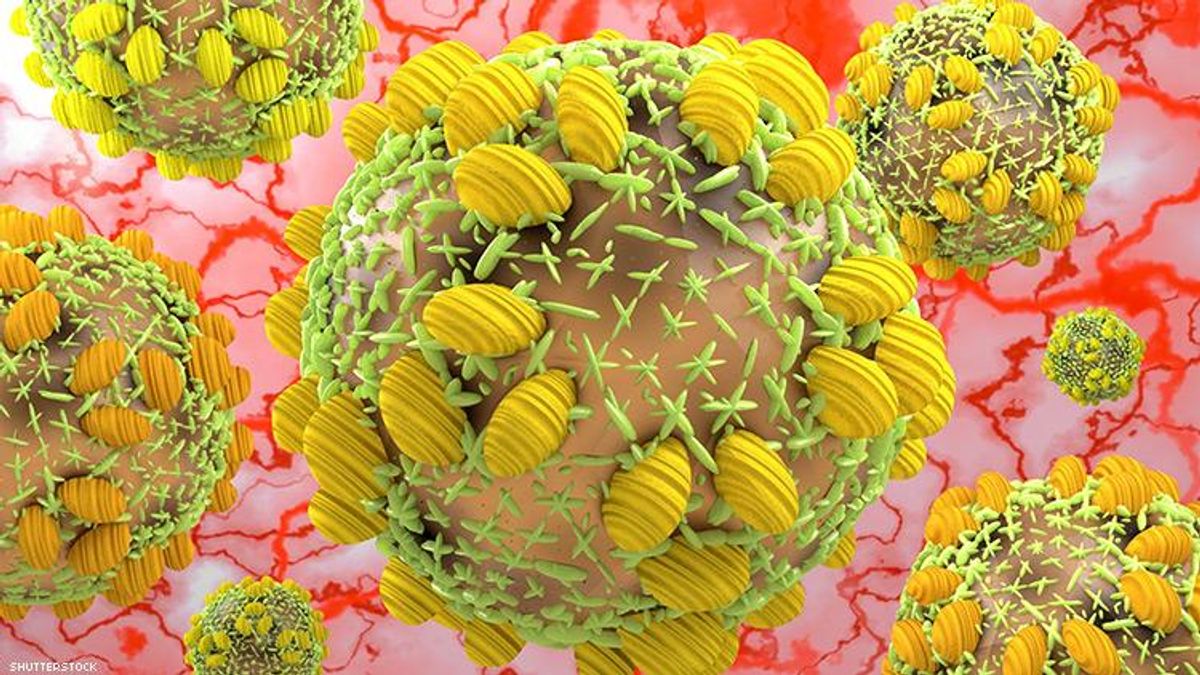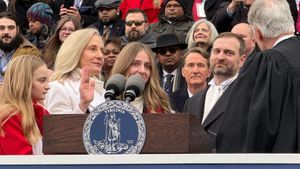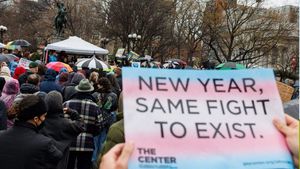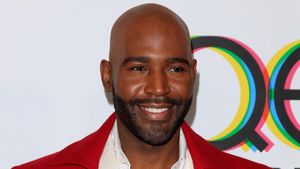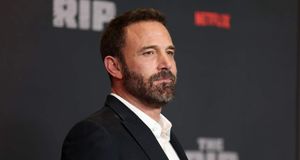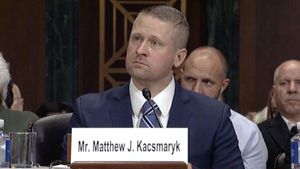The virus is hepatitis C. Most people get it when they share needles and inject drugs. Left untreated the disease will destroy the liver.
But that did not deter Dr. David Goldberg from offering transplant patients who do not have hepatitis C, organs infected with hepatitis C.
“The thought of giving someone hepatitis C was like a no brainer. It seemed sort of a logical thing to do,” said Goldberg.
Goldberg is a liver doctor on the transplant team at the University of Pennsylvania in Philadelphia. He dreaded hepatitis C diagnosis because the old medication worked half the time. The side effects left patients feeling like they had the flu and it caused depression and anxiety. Now, there’s a symptom-free cure that avoids liver damage.
“These new hepatitis C drugs are so great,” said Goldberg. The new drugs made him wonder what could happen if “we could actually infect people with hepatitis C to use more organs, perform more transplants and save more lives.”
Around 5 percent of people waiting for kidneys die every year. Goldberg thought, “why not give them these kidneys and then cure them of hepatitis C?” He noticed a trend in how organ donors were dying. They were overdosing on opioids, and many had contracted hepatitis C. This, Goldberg said, has led to an enormous waste, “there were more than 800 kidneys each year from donors with hepatitis C that were discarded.”
Goldberg and his colleagues at UPenn designed a clinical trial in 2016. They looked for people who’d been on the organ waitlist for fewer than two years, but still had a several years ahead of them. The doctors called these patients, and that’s how Goldberg met 65-year-old Kiran Shelat.
Shelat lives about a 45 minute drive from the University of Pennsylvania, in Yardley, Pennsylvania. He was one of the first patients to participate in the trial.
Shelat had an autoimmune disease that destroyed his kidney. He took a high dose of prednisone to slow the damage, but there were severe side effects. At one point Shelat temporarily lost vision in his right eye. There was so much fluid buildup in his system that his retina detached. Meanwhile, he kept working as a civil engineer at the New Jersey Department of Transportation.
Eventually, his doctor told him it was time to consider a transplant. “It was shocking,” Shelat said. “It’s like you’re on a timer now.”
A Tale Of Two Organs: Listen to the episode of The Workaround related to this story
Shelat signed up for a new kidney, and he waited. He stayed alive on a dialysis machine that ran all night. It did the work his failing kidneys couldn’t do.
Shelat would usually wake up refreshed after a night of dialysis. But by the end of the day he could barely walk the length of the parking lot from his office to his car.
A year went by and Shelat started to become impatient, so he called to find out how long he had on the waitlist. The transplant coordinator told him there were thousands of people in front of him. Shelat would have to wait for five years before it was his turn.
“It was pretty depressing. I said at that point, I have to just fight for a lot more years ahead.”
Shelat said at practically the same moment he got a phone call. It was Goldberg on the other line.
“The calls themselves, those very first calls, were very awkward,” remembered Goldberg.“Probably as awkward as your blind date call and say a friend gives you someone's number.”
At first Shelat was confused why a liver doctor he had never met was calling to offer him a diseased kidney. But when Goldberg mentioned he could get a new organ in months instead of years, Shelat was interested.
Shelat heard Goldberg’s pitch. He was assured he would get hepatitis C from the transplant, and that doctors would immediately start the hepatitis C treatment, which has a high cure rate. Armed with that information and doctors’ confidence in the trial, Shelat signed up.
Meanwhile, Goldberg’s colleagues at UPenn were reluctant. “Some of the surgeons took convincing,” said Goldberg. “There was still a visceral response, understandably, to infecting someone with what you learned in medical school is a life-threatening infection.”
Goldberg said some of the surgeons worried the medication wouldn’t work and the transplant wouldn’t take. But they talked through how successful hepatitis C medications are and eventually everyone came around.
Shelat waited fewer than three months for a hepatitis C-infected kidney, and in July of 2016, he got one. He and the 19 other people who signed up for the trial successfully kept their kidneys and they were all cured of hepatitis C.
“I’m feeling how I felt 10, 12 years ago,” said Shelat. "The energy level is phenomenal.” He does yoga with his daughter. He’s learning how to play the tabla - a type of drum - something he’s always wanted to do. And he’s attempting to hike as many national parks as he can.
Shelat and the other transplant patients have had a successful recovery, which the UPenn doctors think will make the procedure appealing to other patients in the future. But there’s a catch in these efforts. Merck, a pharmaceutical company, donated the hepatitis C medication to the program at UPenn. Goldberg said otherwise the trial wouldn’t have been possible.
“I personally would not do this until I get to look a patient in the eye and say ‘I guarantee once you get hepatitis C, your insurance will pay for the drug’,” said Goldberg.
Goldberg said there is a compelling argument for insurers to cover the hepatitis C treatment. In Shelat’s case, dialysis cost his insurer $1,500 a night. Over time it’s cheaper to get a new kidney plus hepatitis C treatment. But so far, most insurers aren’t interested. Goldberg hopes that will change, as they show more success.
This story is part of a podcast from Side Effects Public Media called The Workaround. You can listen and subscribe to the show here.
